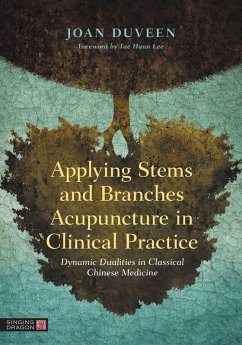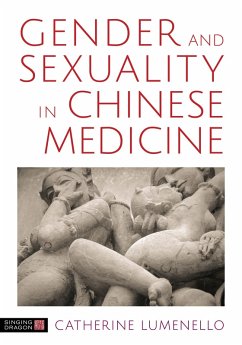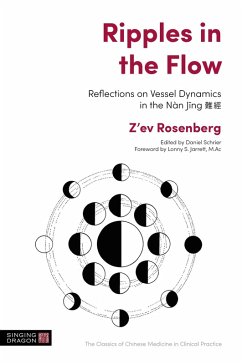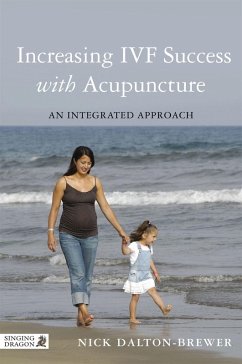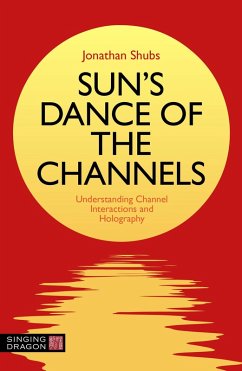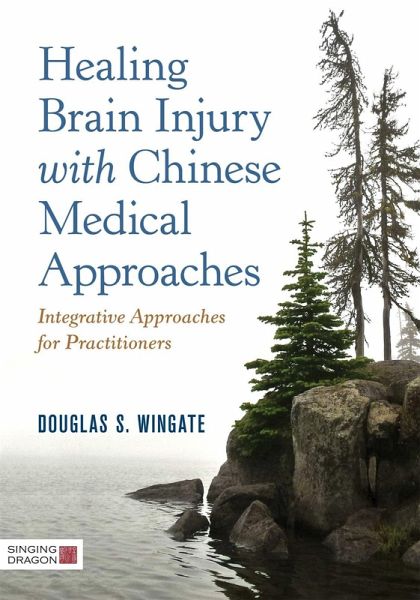
Healing Brain Injury with Chinese Medical Approaches (eBook, ePUB)
Integrative Approaches for Practitioners
Versandkostenfrei!
Sofort per Download lieferbar
51,95 €
inkl. MwSt.
Weitere Ausgaben:

PAYBACK Punkte
26 °P sammeln!
Learn to treat symptoms of traumatic and acquired brain injury using Chinese medicinal methods of acupuncture and herbal medicine. Covering both Western and Chinese medicine understandings of the brain, the book provides a thorough exploration of treatment options, including multiple acupuncture systems, Chinese herbal formulas, dietary and orthomolecular recommendations, and standard biomedical approaches.Many symptoms associated with brain injury can be effectively addressed or reduced using TCM, including chronic headache, fatigue, dizziness, pain, and anxiety among others. The book highlig...
Learn to treat symptoms of traumatic and acquired brain injury using Chinese medicinal methods of acupuncture and herbal medicine. Covering both Western and Chinese medicine understandings of the brain, the book provides a thorough exploration of treatment options, including multiple acupuncture systems, Chinese herbal formulas, dietary and orthomolecular recommendations, and standard biomedical approaches.
Many symptoms associated with brain injury can be effectively addressed or reduced using TCM, including chronic headache, fatigue, dizziness, pain, and anxiety among others. The book highlights the special considerations that should be taken when working with people with brain injury, as well as when treating particular subpopulations, including pediatrics and veterans.
Many symptoms associated with brain injury can be effectively addressed or reduced using TCM, including chronic headache, fatigue, dizziness, pain, and anxiety among others. The book highlights the special considerations that should be taken when working with people with brain injury, as well as when treating particular subpopulations, including pediatrics and veterans.
Dieser Download kann aus rechtlichen Gründen nur mit Rechnungsadresse in A, D ausgeliefert werden.






